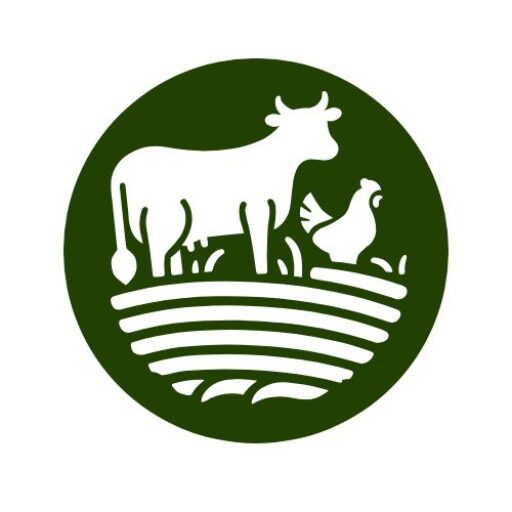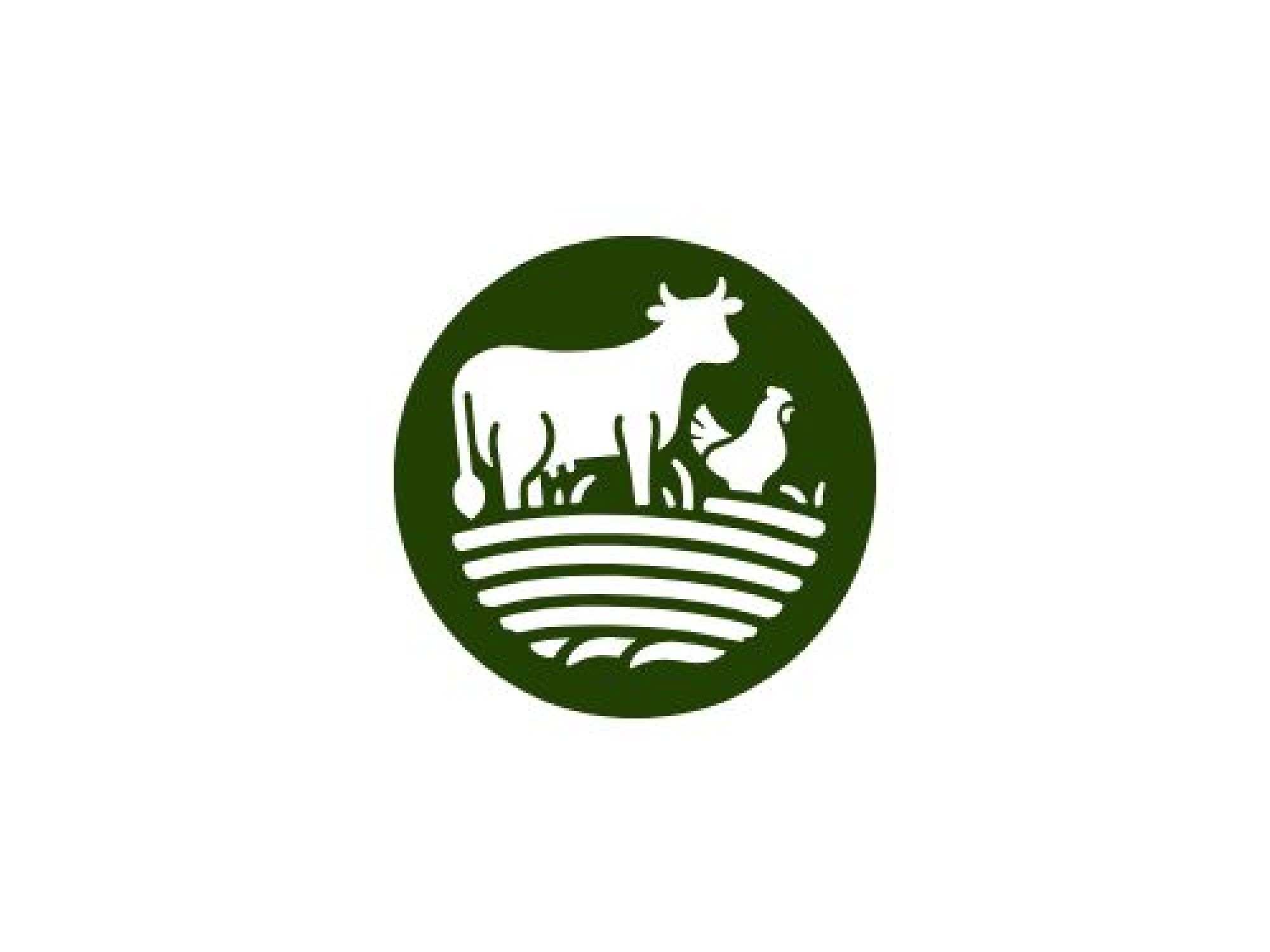Animals / Dairy Nutrition
Feed Additives and performance modifiers for ruminants
Feed Additives and performance modifiers for ruminantsThank you for reading. Don’t forget to subscribe & share! Feed additives and performance modifiers play a crucial role in optimizing the health, growth, and productivity of ruminants such as cattle, sheep, and goats.
Thank you for reading. Don't forget to subscribe & share!
May 24, 2024
3 Comments
Feed supplements used in animals feed جانوروں کی خوراک میں استعمال ہونے والے فیڈ سپلیمنٹس
Thank you for reading. Don’t forget to subscribe & share!
May 17, 2024
No Comments
Nutritional Requirement of Calf بچھڑے کی غذائی ضروریات
بچھڑوں کے لیے دودھ کا متبادل / Milk ReplacerThank you for reading. Don’t forget to subscribe & share!
May 17, 2024
No Comments
May 17, 2024
No Comments
May 16, 2024
No Comments



